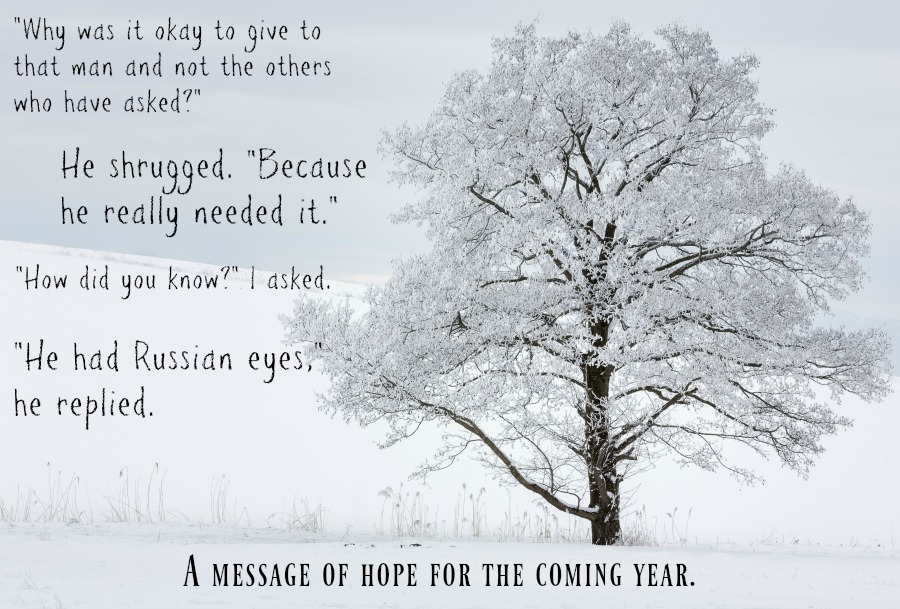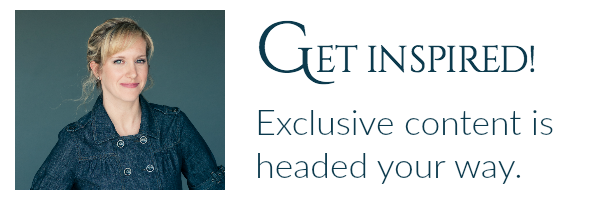We were standing in a pizza shop in the middle of Red Square, the heart of Moscow beating steadily outside the dirty windows.
I nibbled at the crust, politely smiling every time Sergei, our translator and guide, looked at me, his eyes filled with hopeful anticipation that this visit to a very “American” style restaurant was satisfactory to my fifteen year old palate.
In truth, the cheese tasted funny, and the sauce was sharp on my tongue. But of course, I ate the whole slice because that was the right thing to do. And I smiled and nodded enthusiastically when he asked if it was good.
More than anything, I was just glad to be in the warmth of the restaurant. It was cold outside, the bitter kind of cold that makes your teeth hurt and your bones tremble. We’d spent the morning walking through Red Square, gawking at St. Basil’s cathedral, purchasing watches and pins with Soviet emblems on them from young boys on street corners, and swallowing up the culture of a city that until three years before had been locked behind something called the Iron Curtain.
I didn’t understand much about history back then. I was twelve years old when Reagan demanded that a wall be torn down, when the Soviet Union collapsed and people regaled freedom from far off streets.
Not yet a teenager in a world without social media meant that the news was relegated to the nighttime hours when I was in bed. Sometimes I caught snippets of world events as they passed between my parents and their grown up friends, but I didn’t pay attention.
I didn’t care.
Earlier that afternoon, I filed in a line past the body of Vladimir Ilyich Lenin, spread out beneath an oxygenated glass case. The room was completely dark except for the spotlight over the former head of the Soviet Union, his body pressed flat against the table as though he’d been steam rolled.
I had no clue who he was, having been given only a brief history lesson minutes before stepping into the room. And so the moment was lost on me, but the memory is still there, and I have more appreciation for that experience now as an adult than I did back then.
After Lenin’s Tomb, we made our way to the pizza place, hungry and cold, and ready for a break. That’s when Sergei taught me about empathy.

There were no chairs in this restaurant – only high top tables where three or four could stand at a time. I stood next to Sergei, smitten with his loose command of the English language and his wry wit. As we finished eating, a man stumbled to our table, dirty and mumbling something in the language that I didn’t yet understand.
Sergei asked him a question and the man nodded. He glanced at me, then back at Sergei, his hands clasped tightly in front of his chest. Sergei jutted his head toward the last uneaten pizza on our table and the man snatched it up, then turned and left, his mouth chewing furiously as he disappeared into the frigid crowd outside.
I looked at Sergei in confusion. The number one lesson reiterated to all of us since we landed was never to give food or money to people begging on the streets.
“Why was it okay to give something to that man, but not to the other people who have asked for help?” I asked him. Sergei paused, his gaze traveling to the door where the man had just disappeared.
“Because he really needed it,” he finally answered.
“How did you know?” I asked.
Sergei shrugged. He took a sip of the lukewarm soda from his paper cup marked PEPSI, a much appreciated and consumed capitalist influence in the former Soviet state.
“I just knew,” he said. “He had Russian eyes.”
It’s been twenty-two years since that day in the Red Square cafe, but I think about that moment frequently. I remember the day when the man with Russian eyes approached one of his own and was met with compassion.
We’ve entered a new year. We survived the skepticism, cynicism, and anger of 2016, and though nothing has really changed from last week to this week, there’s a freshness in the air. It’s like the warmth of that pizza parlor in Red Square.
Now is our chance to take in the world around us and look at it through the lens of compassion – to assess the needs surrounding us, and offer empathy and compassion a little more freely.
Perhaps we should have been doing that the whole time, but the heat of the moment left us disoriented and confused. So here we are on the other side, the next four years looming before us on the horizon. How will we respond? What will we say?
I don’t have any resolutions this year – no one word challenges like in year’s past. Only a desire to look at the world through a lens of empathy and compassion, to look people in the eye, even if I don’t agree with them, and to try harder to hear them.
I long to step back into that moment in the pizza parlor when a gift was given because one young man took the time to look into the eyes of another and recognize need.
Here is to a year of more compassion.
What are your hopes for the coming year?

Hi Kelli, What a wonderful post this is. I am looking at the next four year with much excitement and hope! I pray that we all show the world and especially the people around us empathy, love, kindness and hope. We all need to reflect the love in our heart and the caring of our Father so that we can live by example. Happy New Year to you and yours.